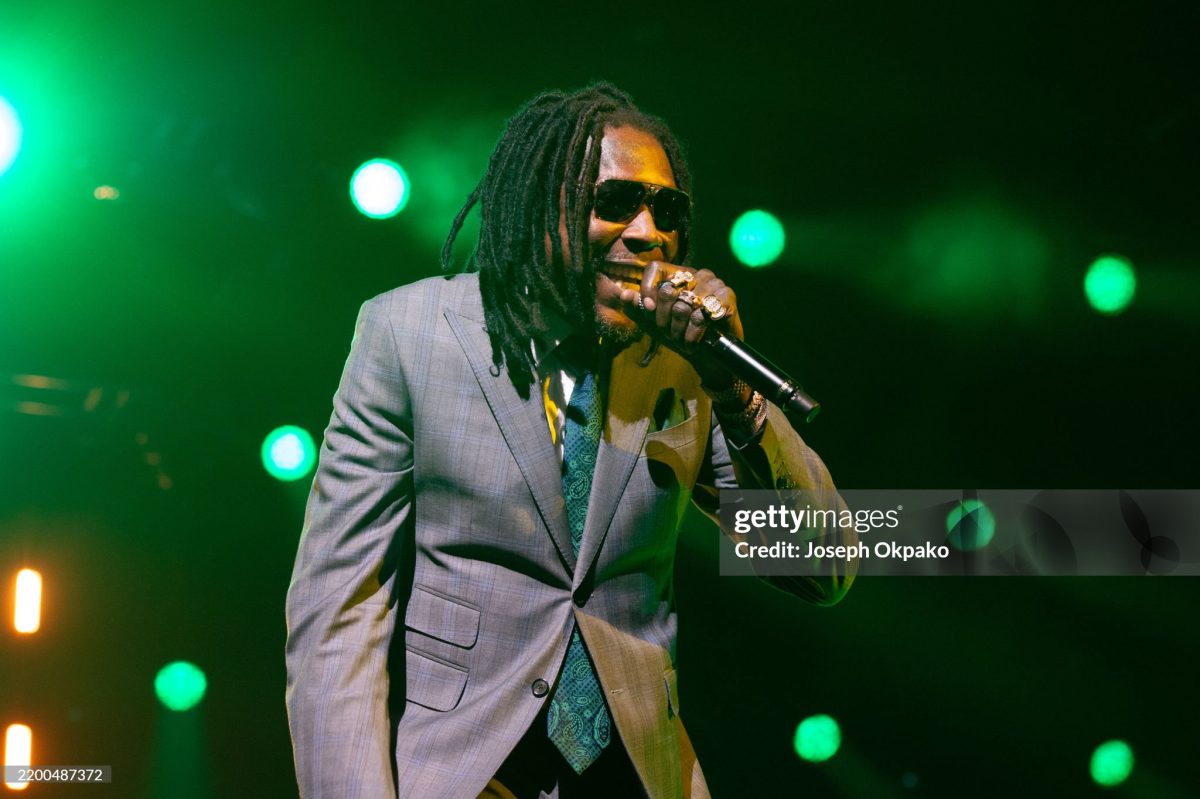Jamaican dancehall icon Vybz Kartel is set to perform this weekend at Brooklyn’s Barclays Center, marking his first U.S. concert in over two decades. The highly anticipated shows, scheduled for Friday and Saturday, come after the artist served more than a decade in prison for a murder conviction he has consistently denied.
For many fans in New York City—especially young adults of West Indian heritage—Kartel’s music has been a defining soundtrack of their lives. Yet, despite his enduring influence, few have ever had the opportunity to see him live.
Tee Smith, a devoted fan, shared her excitement:
“If anybody went to college in the 2000s, they know Vybz Kartel was everything,” she said, recalling how his music dominated every party. Smith spent $300 for a ticket to Saturday’s show—about the same she’s paying to see Beyoncé in New Jersey next month.
Born Adidja Azim Palmer, Kartel began recording music in his teens and rose to fame in the early 2000s. His 2003 album Up 2 Di Time made waves in the U.S., and by 2009, his hit “Ramping Shop” featuring Spice broke into the Billboard Hot 100.
However, his career took a dramatic turn in 2013 when he was arrested for murder and illegal firearm possession. After a lengthy 64-day trial—one of the longest in Jamaica’s history—Kartel was sentenced to life in prison in 2014.
In a significant turn of events, his conviction was overturned in 2023 by the Judicial Committee of the Privy Council in London, Jamaica’s final appellate court. His legal team successfully argued that a juror accused of attempting to bribe others should have been disqualified from the trial.
Despite his incarceration, Kartel remained musically active. In 2016, he released “Fever”—his biggest hit—just two years into his sentence. Speaking on the “Juan Ep Is Life” podcast last year, he revealed he had recorded the song using a smartphone and a table from within his prison cell.
Even just weeks before his release in May 2024, Kartel dropped the album Party With Me, which went on to receive a Grammy nomination for Best Reggae Album.
Still, not all fans are on board with his return. Marlon Brown, also known as DJ Club Killa, says he’s no longer drawn to Kartel’s content.
“If this were 20 years ago, I’d be excited,” he said. “But some of the lyrics don’t sit right with me anymore. Music should be fun—something that makes you want to dance and party.”
Critics have long pointed to Kartel’s controversial lyrics, which have been accused of promoting violence and misogyny—some of which were even cited during his trial.
Kartel’s comeback may feel different to those who remember him as the energetic 20-something dominating dancehall. His health has also been a factor: in 2016, he was diagnosed with Graves’ disease, an autoimmune condition that can lead to fatigue, tremors, and irregular heart rhythms.
Yet, despite everything—legal battles, prison time, and health struggles—Vybz Kartel’s return to the stage signals a powerful chapter in a career defined by controversy, resilience, and undeniable influence on dancehall music.

